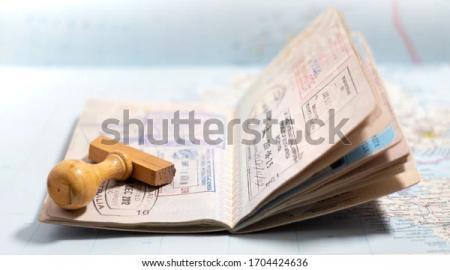For most people, moving is both exciting and stressful. You’ll have the opportunity to start fresh in a new city, possibly with a job opportunity in the wings, but at the same time, you’ll have to pack up all your things and take care of the logistics of the move.
Unfortunately, in all the excitement, most amateur movers end up forgetting important tasks to the moving process, and complicating their move even further.
Important Things to Remember
These are just some of the most commonly forgotten items, so keep them at the top of your radar:
1. Creating a timeline. Before you start going through the moving process, you should have a sketch of your moving timeline in place. This will give you important dates, such as your closing date or your reservations with the moving company, and illustrate them in one, easily accessible document. Chances are, at least a few of these dates will move, but having a rough draft in place (as early as possible) can help you avoid some major logistical headaches.
2. Cancelling old services and setting up new ones. When you’re moving out of your old house, it’s important to cancel all your old services, including your electricity, water, natural gas, cable, and internet plans. If you forget this step, you may be responsible for paying bills up to a few months after you’re gone (depending on when someone else moves in and takes ownership of those services). You’ll also need to take the time to set up these services in your new home, using a service like In My Area to identify the lowest-cost or highest-reviewed providers.
3. Box labels. Once you start packing, you get into “the zone,” and it’s easy to start packing everything into boxes without remembering to put a good organizational system in place. You don’t need anything fancy here, but it’s a good idea to at least mark your boxes with a general description of what they contain, such as “clothes” or “books.” You’ll thank yourself later.
4. An essentials box. It’s also easy to forget the importance of an “essentials” box, which will contain everything you need on a daily basis, such as soap, shampoo, and charging cables. Pack this box last, so you can remember all the things that belong in it, and still use them up through your last day in your old home.
5. Keys and locks. Managing the exchange of keys and locks is a crucial step, and one that’s easy to overlook in the excitement of closing. Hopefully, you’ve provided your old home’s buyers with all the keys they need to access every lock in the house. When you’re about to move into your home, you’ll need to make sure your sellers give you the same courtesy. Test all the keys in all the locks, and see if there are any missing.
6. Left-behind items. Most homeowners forget at least one important item when finalizing their old home for a new buyer. That’s why it’s important to do a final walkthrough. Take this time to examine every corner, nook, and cranny, to see if you’ve left behind any furniture, boxes, clothes, or toys you didn’t intend to.
7. Changing your address (and setting up forwarding). The United States Postal Service makes it pretty easy to change your address. All you have to do is provide some basic information about you and your family, and where you’re moving to. They’ll set up mail forwarding for a few weeks; after that, it’s on you to update your address with your employer, your bank, and any other agencies or institutions that need to mail you things regularly.
Aiding Your Memory
As someone who isn’t currently going through a move, it’s easy to write about remembering these important items. But when you’re juggling the chaos and responsibilities of a move in the present, everything gets magnified.
Use these tips to stay on top of things, even during your busiest moments:
· Start early. The earlier you start to manage the moving process, the more time you’ll have to remember things (and the less rushed you’ll feel).
· Set up automatic reminders. Use a basic Calendar app, or any other app that allows you to set automatic reminders, and set reminders for yourself throughout the process.
· Use checklists. Create detailed checklists for each stage of the move, outlining the most important things to remember, and what stage of the process comes next.
Moving will almost certainly be stressful, but you can make it easier on yourself. Set the right priorities, plan as far in advance as you can, and rely on reminders and assistants to stay ahead of the game.






